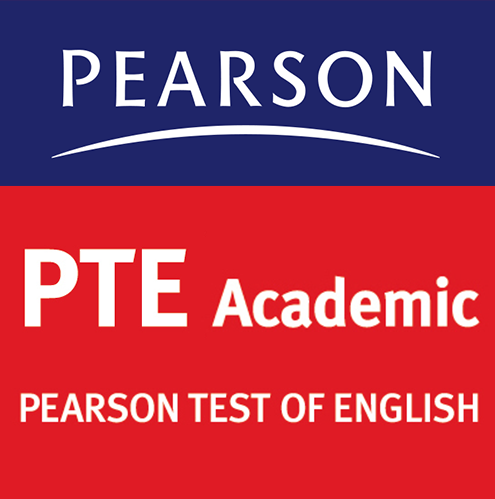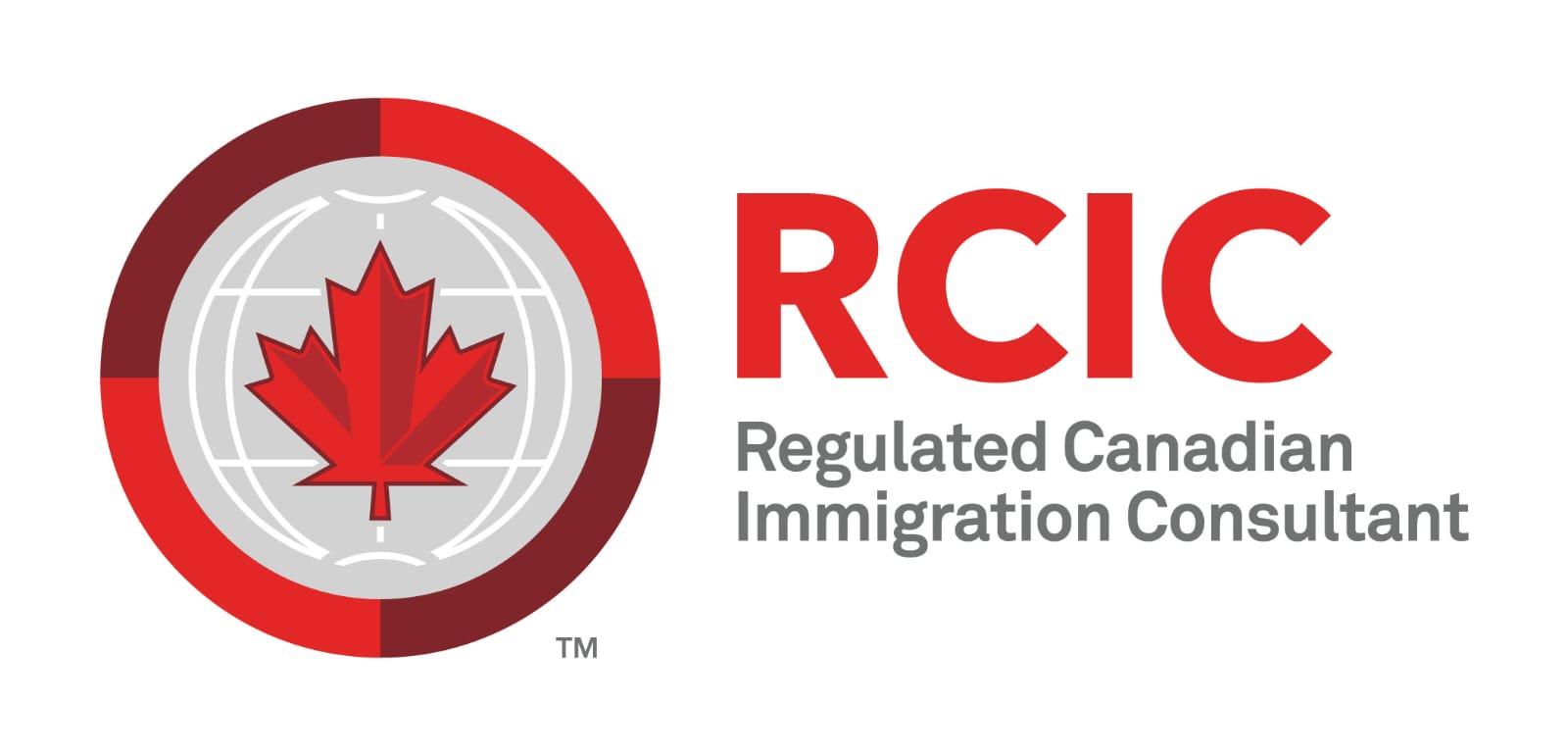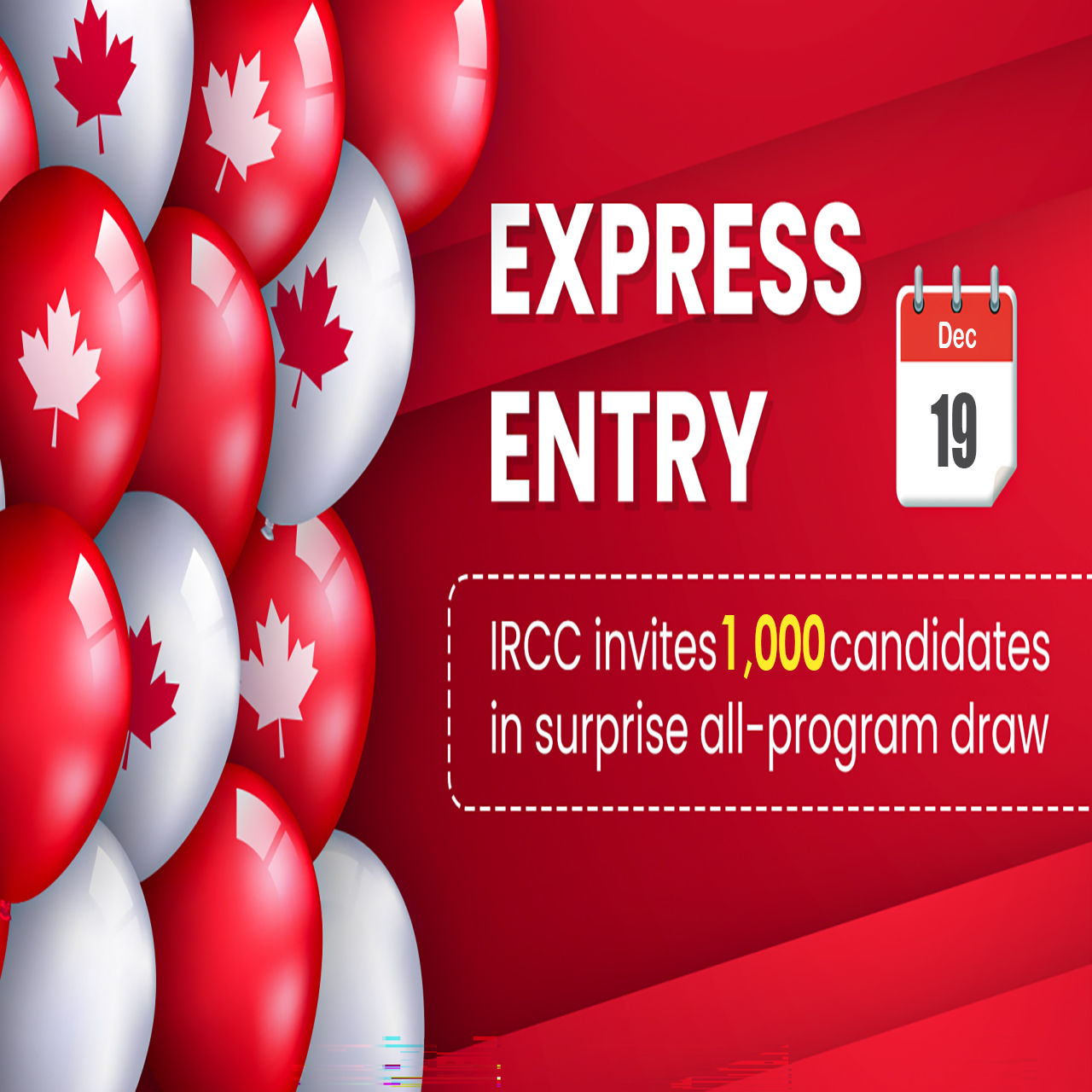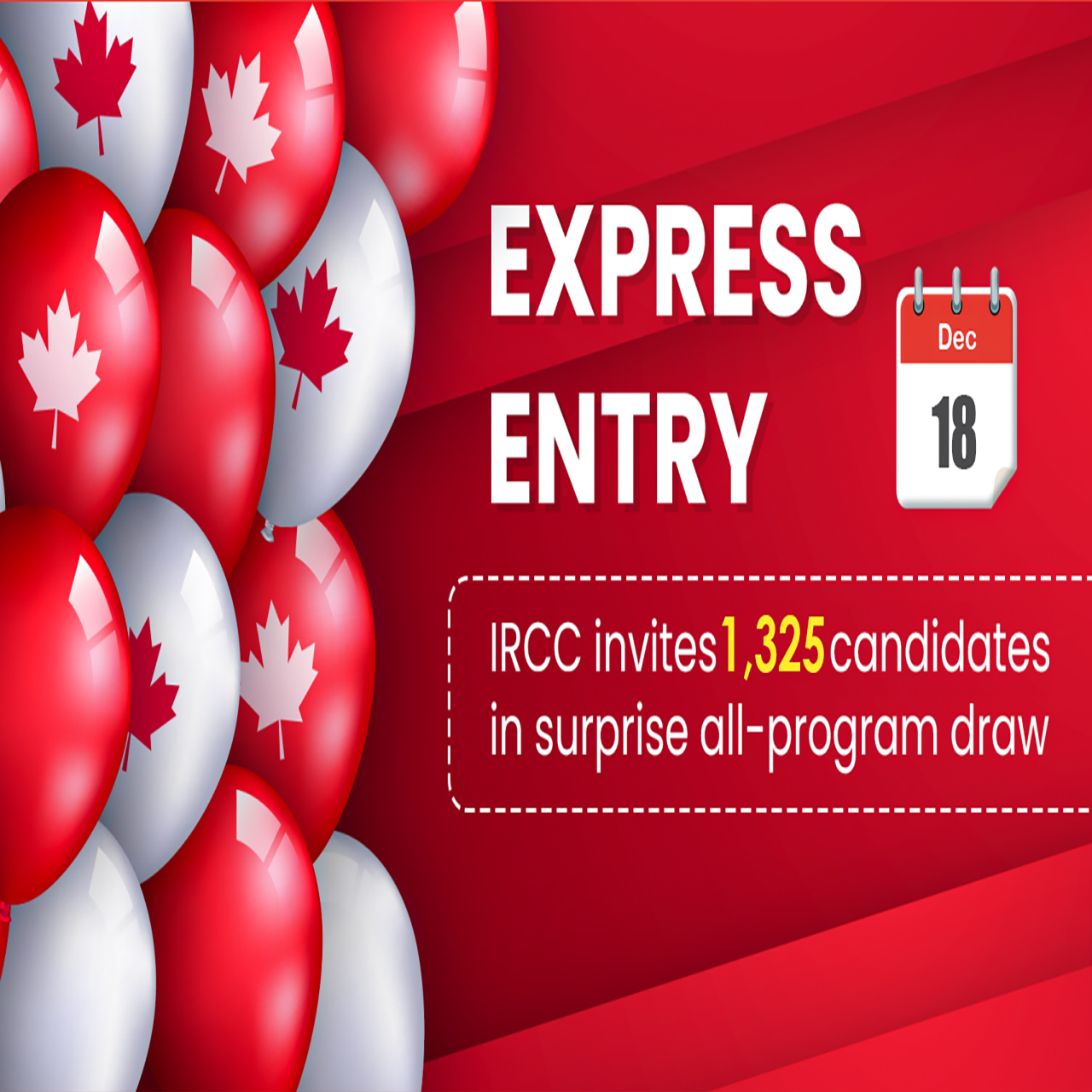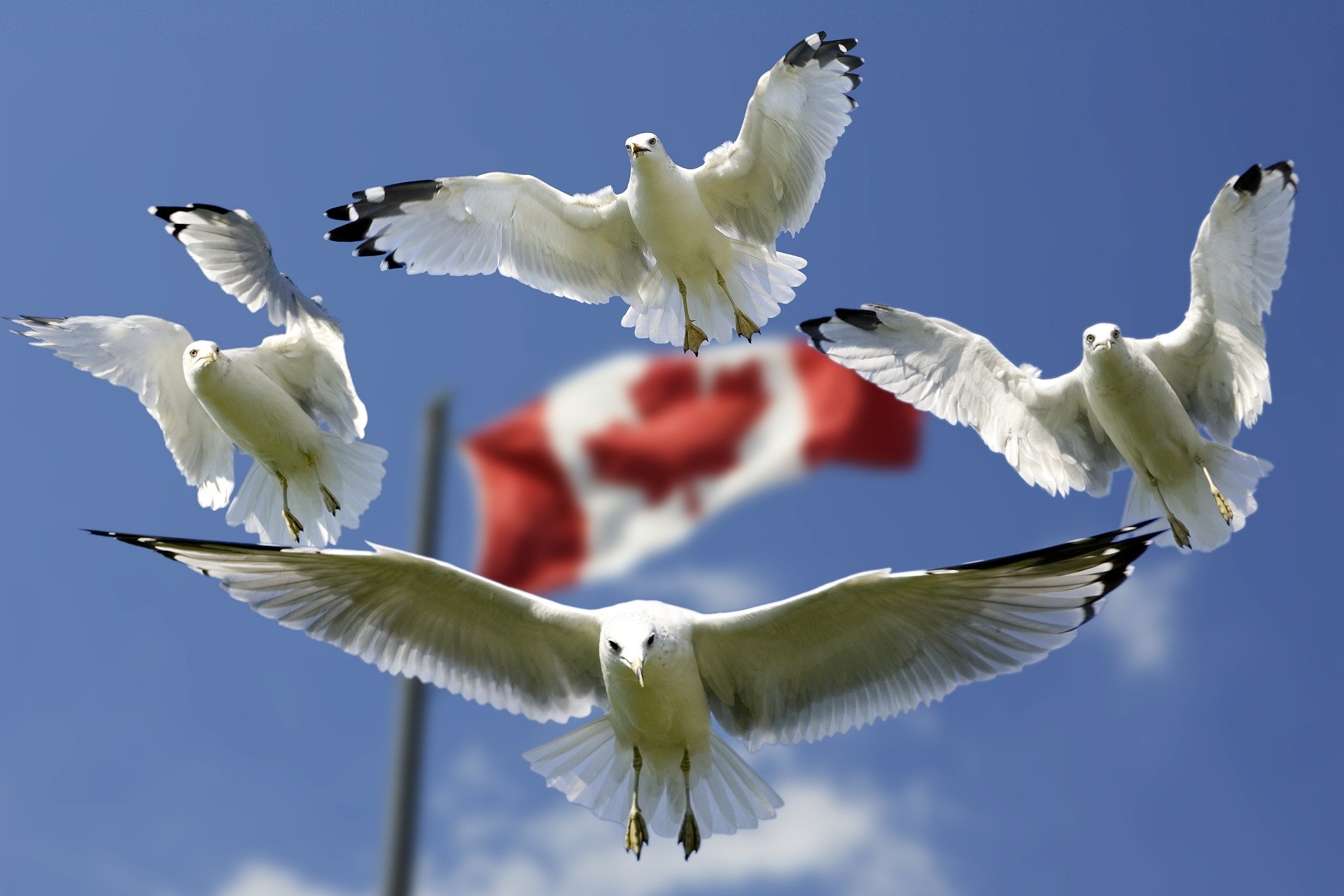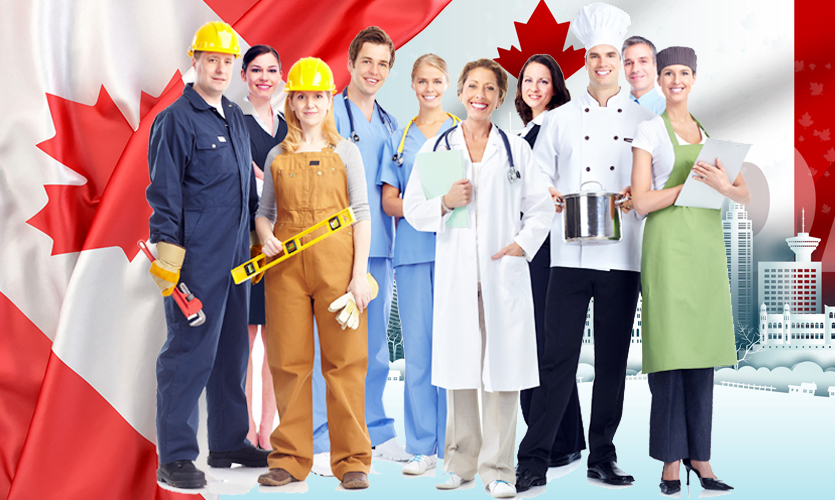| CATEGORY NAME | JOB TITLE(S) | NOC CODE | | | | | |
| Agriculture and agri-food occupations | Butchers - retail and wholesale | 63201 | | | | | |
| Agriculture and agri-food occupations | Agricultural service contractors and farm supervisors | 82030 | | | | | |
| Agriculture and agri-food occupations | Contractors and supervisors, landscaping, grounds maintenance and horticulture services | 82031 | | | | | |
| Transport occupations | Managers in transportation | 70020 | | | | | |
| Transport occupations | Railway carmen/women | 72403 | | | | | |
| Transport occupations | Aircraft mechanics and aircraft inspectors | 72404 | | | | | |
| Transport occupations | Air pilots, flight engineers and flying instructors | 72600 | | | | | |
| Transport occupations | Air traffic controllers and related occupations | 72601 | | | | | |
| Transport occupations | Deck officers, water transport | 72602 | | | | | |
| Transport occupations | Engineer officers, water transport | 72603 | | | | | |
| Transport occupations | Railway traffic controllers and marine traffic regulators | 72604 | | | | | |
| Transport occupations | Transport truck drivers | 73300 | | | | | |
| Transport occupations | Aircraft assemblers and aircraft assembly inspectors | 93200 | | | | | |
| Trade occupations | Contractors and supervisors, other construction trades, installers, repairers and servicers | 72014 | | | | | |
| Trade occupations | Welders and related machine operators | 72106 | | | | | |
| Trade occupations | Electricians (except industrial and power system) | 72200 | | | | | |
| Trade occupations | Plumbers | 72300 | | | | | |
| Trade occupations | Carpenters | 72310 | | | | | |
| Trade occupations | Construction millwrights and industrial mechanics | 72400 | | | | | |
| Trade occupations | Heating, refrigeration and air conditioning mechanics | 72402 | | | | | |
| Trade occupations | Machine fitters | 72405 | | | | | |
| Trade occupations | Elevator constructors and mechanics | 72406 | | | | | |
| Trade occupations | Residential and commercial installers and servicers | 73200 | | | | | |
| Science, Technology, Engineering and Math (STEM) occupations | Engineering managers | 20010 | | | | | |
| Science, Technology, Engineering and Math (STEM) occupations | Architecture and science managers | 20011 | | | | | |
| Science, Technology, Engineering and Math (STEM) occupations | Computer and information systems managers | 20012 | | | | | |
| Science, Technology, Engineering and Math (STEM) occupations | Architects | 21200 | | | | | |
| Science, Technology, Engineering and Math (STEM) occupations | Landscape architects | 21201 | | | | | |
| Science, Technology, Engineering and Math (STEM) occupations | Urban and land use planners | 21202 | | | | | |
| Science, Technology, Engineering and Math (STEM) occupations | Land surveyors | 21203 | | | | | |
| Science, Technology, Engineering and Math (STEM) occupations | Mathematicians, statisticians and actuaries | 21210 | | | | | |
| Science, Technology, Engineering and Math (STEM) occupations | Data scientists | 21211 | | | | | |
| Science, Technology, Engineering and Math (STEM) occupations | Cybersecurity specialists | 21220 | | | | | |
| Science, Technology, Engineering and Math (STEM) occupations | Business systems specialists | 21221 | | | | | |
| Science, Technology, Engineering and Math (STEM) occupations | Information systems specialists | 21222 | | | | | |
| Science, Technology, Engineering and Math (STEM) occupations | Database analysts and data administrators | 21223 | | | | | |
| Science, Technology, Engineering and Math (STEM) occupations | Computer systems developers and programmers | 21230 | | | | | |
| Science, Technology, Engineering and Math (STEM) occupations | Software engineers and designers | 21231 | | | | | |
| Science, Technology, Engineering and Math (STEM) occupations | Software developers and programmers | 21232 | | | | | |
| Science, Technology, Engineering and Math (STEM) occupations | Web designers | 21233 | | | | | |
| Science, Technology, Engineering and Math (STEM) occupations | Web developers and programmers | 21234 | | | | | |
| Science, Technology, Engineering and Math (STEM) occupations | Civil engineers | 21300 | | | | | |
| Science, Technology, Engineering and Math (STEM) occupations | Electrical and electronics engineers | 21310 | | | | | |
| Science, Technology, Engineering and Math (STEM) occupations | Computer engineers (except software engineers and designers) | 21311 | | | | | |
| Science, Technology, Engineering and Math (STEM) occupations | Industrial and manufacturing engineers | 21321 | | | | | |
| Science, Technology, Engineering and Math (STEM) occupations | Metallurgical and materials engineers | 21322 | | | | | |
| Science, Technology, Engineering and Math (STEM) occupations | Natural and applied science policy researchers, consultants and program officers | 41400 | | | | | |
| Healthcare occupations | Specialists in clinical and laboratory medicine | 31100 | | | | | |
| Healthcare occupations | Specialists in surgery | 31101 | | | | | |
| Healthcare occupations | General practitioners and family physicians | 31102 | | | | | |
| Healthcare occupations | Veterinarians | 31103 | | | | | |
| Healthcare occupations | Dentists | 31110 | | | | | |
| Healthcare occupations | Optometrists | 31111 | | | | | |
| Healthcare occupations | Audiologists and speech-language pathologists | 31112 | | | | | |
| Healthcare occupations | Dietitians and nutritionists | 31121 | | | | | |
| Healthcare occupations | Psychologists | 31200 | | | | | |
| Healthcare occupations | Chiropractors | 31201 | | | | | |
| Healthcare occupations | Physiotherapists | 31202 | | | | | |
| Healthcare occupations | Occupational therapists | 31203 | | | | | |
| Healthcare occupations | Kinesiologists and other professional occupations in therapy and assessment | 31204 | | | | | |
| Healthcare occupations | Other professional occupations in health diagnosing and treating | 31209 | | | | | |
| Healthcare occupations | Nursing coordinators and supervisors | 31300 | | | | | |
| Healthcare occupations | Registered nurses and registered psychiatric nurses | 31301 | | | | | |
| Healthcare occupations | Nurse practitioners | 31302 | | | | | |
| Healthcare occupations | Physician assistants, midwives and allied health professionals | 31303 | | | | | |
| Healthcare occupations | Licensed practical nurses | 32101 | | | | | |
| Healthcare occupations | Paramedical occupations | 32102 | | | | | |
| Healthcare occupations | Respiratory therapists, clinical perfusionists and cardiopulmonary technologists | 32103 | | | | | |
| Healthcare occupations | Other technical occupations in therapy and assessment | 32109 | | | | | |
| Healthcare occupations | Medical laboratory technologists | 32120 | | | | | |
| Healthcare occupations | Medical radiation technologists | 32121 | | | | | |
| Healthcare occupations | Medical sonographers | 32122 | | | | | |
| Healthcare occupations | Traditional Chinese medicine practitioners and acupuncturists | 32200 | | | | | |
| Healthcare occupations | Massage therapists | 32201 | | | | | |
| Healthcare occupations | Other practitioners of natural healing | 32209 | | | | | |
| Healthcare occupations | Medical laboratory assistants and related technical occupations | 33101 | | | | | |
| Healthcare occupations | Nurse aides, orderlies and patient service associates | 33102 | | | | | |
| Healthcare occupations | Pharmacy technical assistants and pharmacy assistants | 33103 | | | | | |
| Healthcare occupations | Other assisting occupations in support of health services | 33109 | | | | | |
| Healthcare occupations | Therapists in counselling and related specialized therapies | 41301 | | | | | |
| Healthcare occupations | Educational counsellors | 41320 | | | | | |
| Healthcare occupations | Instructors of persons with disabilities | 42203 | | | | | |
| | | | | | | |
